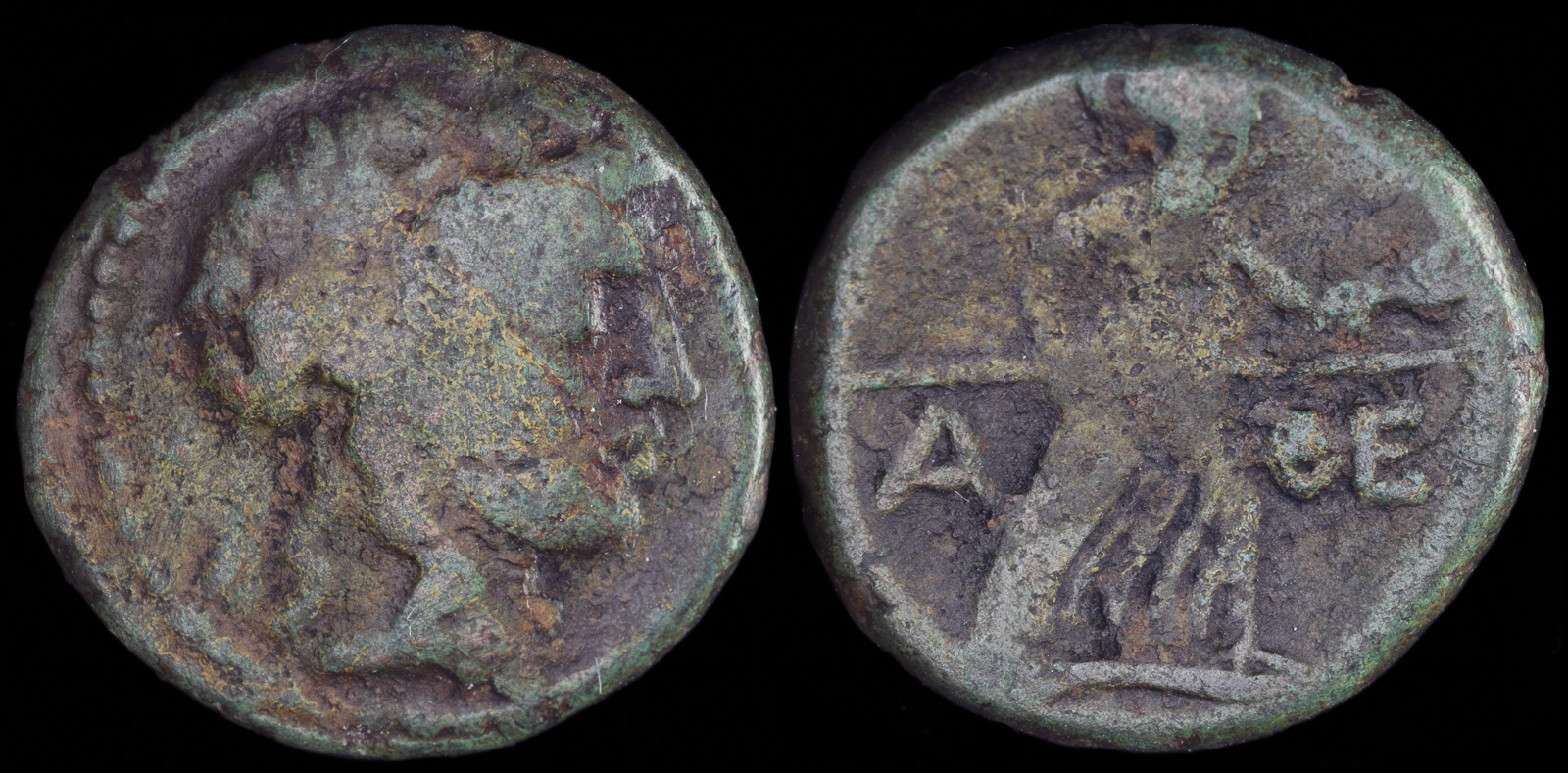Ivy
View All Tags
One of the most significant associations of ivy in Greek mythology was with Dionysus, the god of wine, revelry, and fertility. Dionysus was often depicted wearing a crown made of ivy leaves, and it was a common practice for his followers, known as the Maenads, to wear ivy as part of their ceremonial dress. The plant was associated with drunkenness, ecstasy, and the wild nature of Dionysian rituals, which were known for their frenzied dancing and uninhibited worship. In this context, ivy symbolized the wild, unpredictable, and sometimes uncontrollable forces of nature that Dionysus embodied.
Ivy also had funerary connotations in ancient Greek society. As an evergreen plant, it was thought to symbolize the continuity of life beyond death, making it appropriate for use in the adornment of graves and tombs. Its association with immortality gave it a role in funeral rites, and ivy wreaths were sometimes placed on the tombs of the deceased, suggesting the enduring nature of the soul or memory.
Moreover, the Greeks sometimes used ivy to symbolize fidelity and loyalty. Ivy is a climbing plant, often growing along walls or trellises, symbolizing how a person or thing might remain steadfast or loyal. This made ivy a popular motif for adornment in the contexts of marriage or enduring bonds between individuals. The idea of being intertwined with another—much like ivy clings to structures—embodied the enduring nature of love, friendship, or allegiance.

Athens, Attica 39-37 BCE
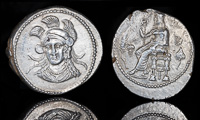
Balakros 333-323 BCE
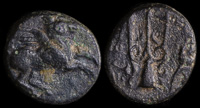
Corinth ca 300 BCE

Kanites 100 BCE
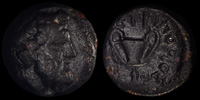
Ketriporis 356-352/1 BCE
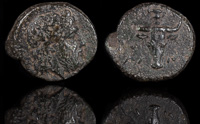
Lamponeia, Troas 4th cent BCE
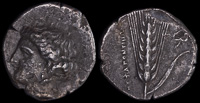
Lucania, Metapontion 400-340 BCE
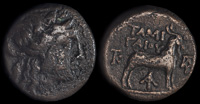
Macedon under Gaius Pubilius 168-167 BCE
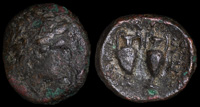
Mende, Macedon 400-350 BCE
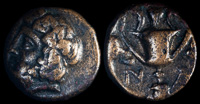
Naxos, Cyclades 4th century BCE
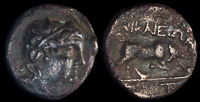
Nikaia, Bithynia 300-100 BCE

Ophrynion, Troas 350-300 BCE
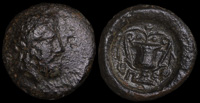
Peparethos, Thessaly 4th-3rd cent BCE

Philetairos 282-263 BCE
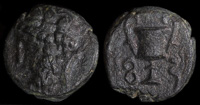
Sardis, Lydia 350-300 BCE
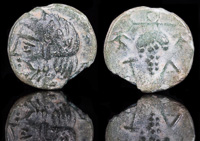
Temnos, Aeolis 3rd century BCE

Thessalonika, Macedon 187-167 BCE
